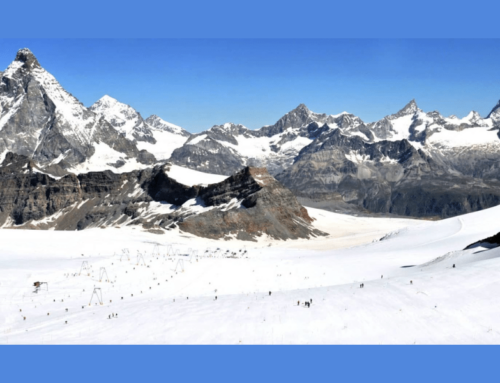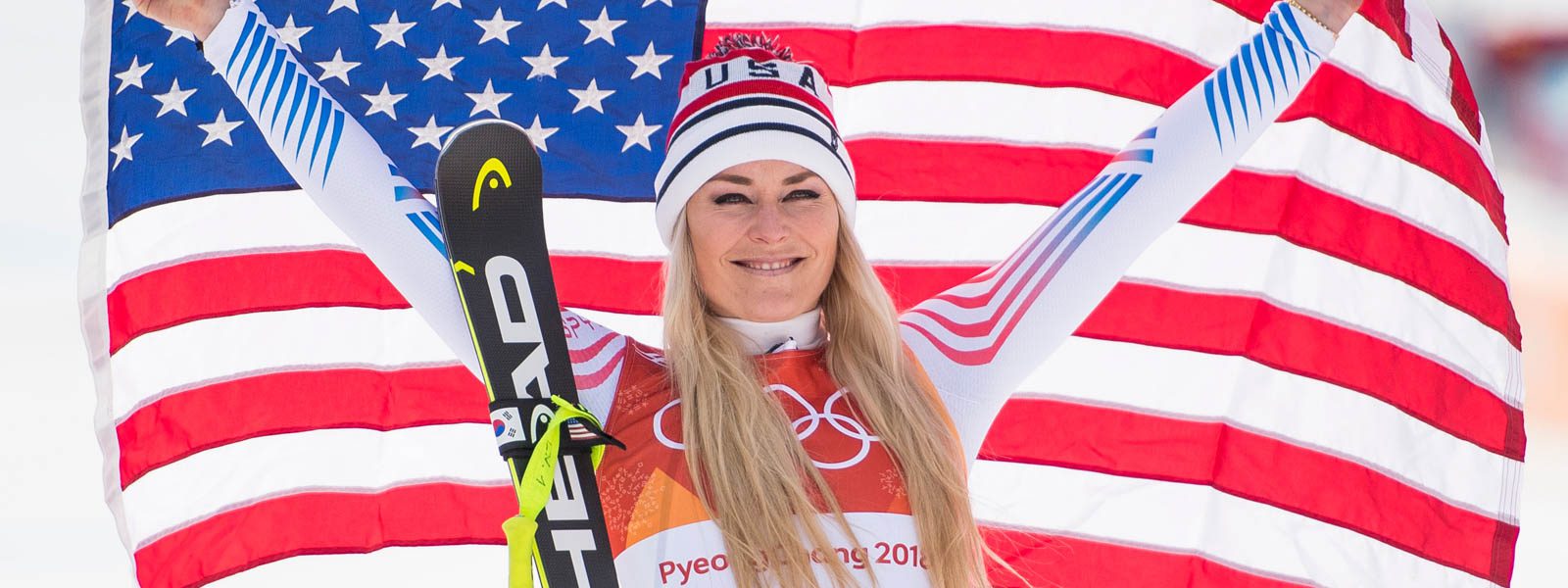Don’t let outside forces influence your confidence
I’m working with a World Cup downhiller (not named Lindsey Vonn and not an American) who is coming back to racing this season after a series of injuries. As you can imagine, it’s a real challenge for her to get her “mojo” back and regain her feel and comfort on the fastest downhill tracks in the world.
Perhaps her biggest obstacles are getting her confidence back to a level that will allow her to throw herself down the mountain at frighteningly high speeds. She finds herself starting farther back in the pack, comparing herself to other women with whom she used to be competitive, and more easily rattled by tough conditions.
The experiences she is having and the lessons she is learning about rebuilding her confidence struck me as relevant to any racer trying to regain, build, or maintain their confidence in their skiing.
I believe that confidence is the most important mental “muscle” in ski racing. Confidence is so essential because you may have all the physical, technical, and tactical ability to ski fast, but if you don’t believe you can take the necessary risks, “send it,” and ski fast, you’re not going to use those abilities. Also, confidence is a rather sensitive mental muscle that is easily weakened or injured, and difficult to heal and strengthen. And confidence is affected by forces both outside of you and between your ears.
As you well know, ski racing is a sport in which there are many things that are outside of your control. Yet, these same forces can control you by hurting your confidence and, by extension, other mental muscles such as motivation, intensity, and focus. Environmental factors, such as the course, weather, snow conditions, and terrain, can knock your confidence for a loop. Like most racers, you have probably had the experience of arriving at a race, seeing really tough conditions, and having your confidence plummet because you’re not sure that you can overcome those conditions.
Social factors that you also can’t control can play games with your confidence. Your competitors, coaches who are watching, and family and friends (both of whom can impose expectations and pressures on you). They can definitely get into and take control of your mind. When you focus on what others are thinking or doing, they lodge themselves in your head and you are no longer in your own head. The result is that their presence in your mind, and all the junk associated with them, can cause you to lose confidence
In both cases, these external influences can cause you to question, doubt, worry, stress out, and be distracted, all of which result in a decline in your confidence and a reluctance to leave it all out on the course.
Despite these outside forces, your confidence should be grounded entirely in your mind and be unaffected by whatever is going on around you. You want to train your confidence muscle in a way that will be strong enough to resist all of those external influences that can cause it to become weakened or injured.
Your confidence should be built on a few essential areas. First, your attitude toward those external forces. With respect to the difficult environmental conditions, you realize that everyone has pretty much the same conditions (though start number and the vagaries of the weather and snow can make some difference between racers). Ideally, you have such faith in your capabilities that, when you arrive at a race venue and the conditions are, well, like a typical winter day in Vermont, you just say, “We all have the same conditions. I’ve got this!” As to other people around you, when you see them at the race venue, you can simply say, “They have nothing to do with how I ski, so I’m going to just focus on myself.”
Second, your confidence should be based on your preparations at three levels. Your meta-preparations which involves everything you’ve done to develop your skiing over the years including conditioning, technical and tactical work, sleep, nutrition, and, of course, mental training. Macro-preparation includes your training efforts in the week or so leading up to the race in which you are focused on priming your mind and body to ski your fastest. Lastly, your micro-preparation including your race-day routine that leads to that unique statement of readiness in which, when you get into the starting gate, you can say to yourself, “I’m as prepared as I can be to ski my fastest.”
Finally, your goal should be to have your confidence constructed out of thinking, emotions, and experiences that come entirely from within yourself and are neither dependent on nor affected by the myriad of external forces that can so easily mess with your mind. If you strengthen your confidence muscle in this way, you create a mental state that is impervious to the “noise” that can surround you on race day. And, with that state of mind, you are setting yourself up for a successful day of racing.





















